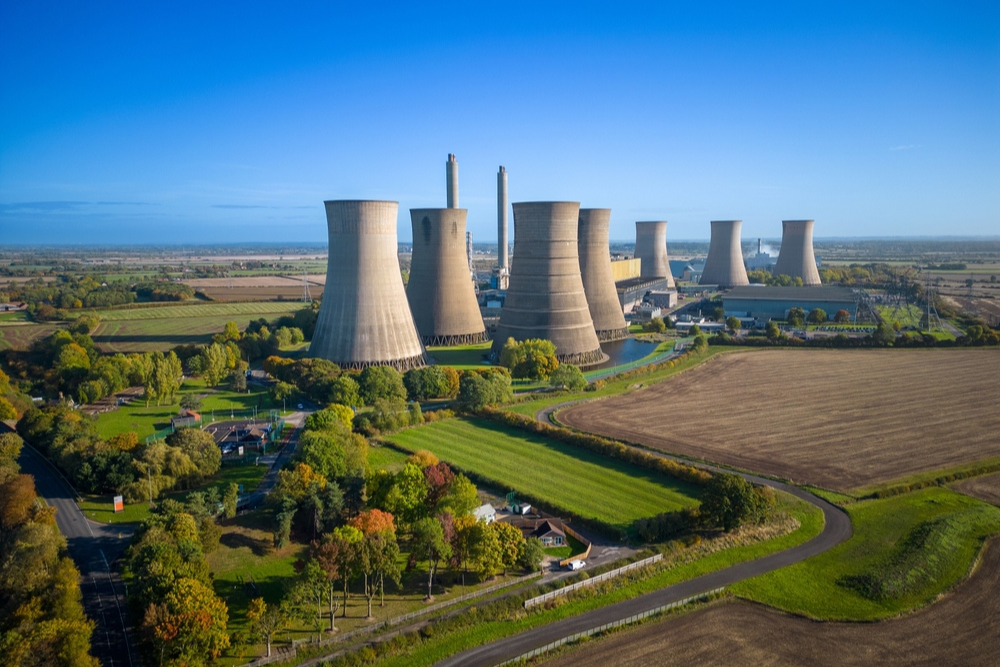
The proposals would see the inclusion of mini-nuclear power stations or small modular reactors (SMRs) in planning rules for the first time, and scrap the set list of eight sites where stations are restricted to – meaning they could be built anywhere across England and Wales.
Removing expiry dates in nuclear planning rules are also among the plans, along with setting up a ‘Nuclear Regulatory Taskforce’ that will spearhead the regulations and report directly to PM Keir Starmer.
The government said it would be “ripping up archaic rules” and “saying no to the NIMBYs” to prioritise growth after it scrapped the three-strike rule for judicial reviews on infrastructure projects, applying “common sense to environmental rules”.
“This country hasn’t built a nuclear power station in decades. we’ve been let down, and left behind,” Starmer said. “Our energy security has been hostage to Putin for too long, with British prices skyrocketing at his whims.
“I’m putting an end to it – changing the rules to back the builders of this nation, and saying no to the blockers who have strangled our chances of cheaper energy, growth and jobs for far too long.”
Developers will be encouraged to bring forward sites as soon as possible at the pre-application stage in the planning process, speeding up overall timelines.
The inclusion of SMRs – which are cheaper and quicker to build than traditional nuclear power plants and require smaller sites – in planning rules could also provide flexibility to co-locate them with energy-intensive industrial sites such as AI data centres.
Nuclear regulation will cover both civil and defence, which the government said would help unlock economic growth in the sector.
However, in a recent feature for Transform magazine, Thomas Lewis, energy policy coordinator at Climate Action Network Europe, explained how the embrace of nuclear energy could be a dangerous distraction.
“At the end of the day, every pound spent on nuclear each year is not being spent on energy efficiency and renewables,” he said. “We only have a limited amount of resources, people, time and money, so we have to be efficient with it.
“People looking for a quick solution in nuclear will be left disappointed.”
Stakeholders can respond to the consultation by 3 April 2025 here
Image credit: Shutterstock